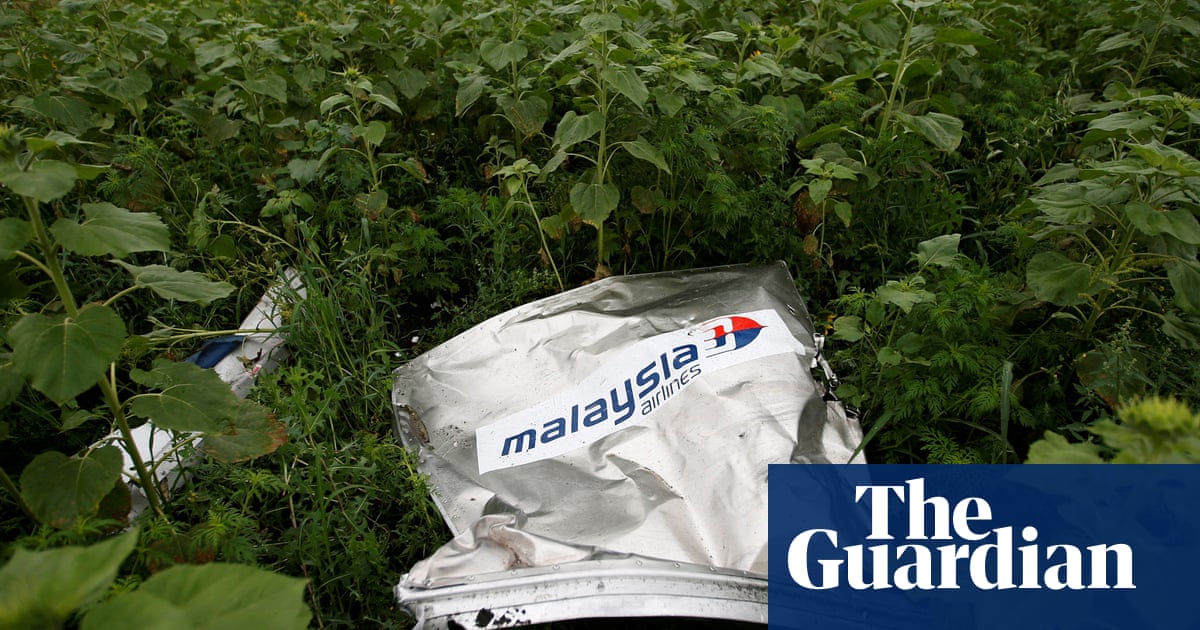UN Aviation Council Holds Russia Accountable for MH17 Tragedy, Calls for Reparations

The United Nations aviation council has officially determined that Russia bears responsibility for the tragic downing of Malaysia Airlines Flight MH17 over eastern Ukraine in 2014, an incident that resulted in the loss of all 298 passengers and crew members aboard. This ruling has ignited renewed calls for reparations for the families of the victims, who continue to seek justice nearly a decade after this heart-wrenching event.
Flight MH17 was en route from Amsterdam to Kuala Lumpur when it was struck by a Russian surface-to-air missile while traversing eastern Ukraine, a region that was engulfed in conflict at the time due to fighting between pro-Russian separatists and the Ukrainian military. Among those killed were 196 Dutch nationals and 38 individuals from Australia, shedding light on the international tragedy that transcended borders.
The governments of Australia and the Netherlands have expressed their satisfaction with the UN council's ruling. They have indicated that the Council of the International Civil Aviation Organization (ICAO), which operates from its headquarters in Montreal, Canada, will consider potential reparations in the coming weeks. Australia’s Foreign Minister, Penny Wong, stated her government’s support for the decision and called on the ICAO to act promptly in determining appropriate remedies for the victims' families.
Wong emphasized the importance of accountability, saying, “We call upon Russia to finally face up to its responsibility for this horrific act of violence and make reparations for its egregious conduct, as required under international law.” Her remarks underscore the long-standing frustration felt by the bereaved families and their governments regarding the lack of resolution and acknowledgment from Russia.
In a similar vein, the Dutch Foreign Minister, Caspar Veldkamp, highlighted the significance of the ICAO's ruling, stating, “The decision is an important step towards establishing the truth and achieving justice and accountability for all victims of Flight MH17, and their families and loved ones.” Veldkamp added that this ruling sends a crucial message to the global community that states must not violate international law without facing consequences.
The ICAO, despite its role in establishing global aviation standards that are recognized by its 193 member nations, does not possess regulatory enforcement power. The governments of Australia and the Netherlands have been pursuing both compensation and a formal apology from Russia since the incident occurred. However, Russia has repeatedly denied any involvement, even in the face of a thorough international investigation that yielded significant findings.
In October 2020, Russia unilaterally withdrew from negotiations with Australia and the Netherlands, which further complicated the quest for justice. The case brought before the ICAO was initiated by both countries in 2022, reflecting their persistent efforts to hold Russia accountable.
In November 2022, a Dutch court convicted two Russian nationals and a Ukrainian individual in absentia for their roles in the missile attack that brought down Flight MH17. Moscow dismissed the ruling as “scandalous” and firmly stated that it would not extradite its citizens implicated in the case.
Recent developments in 2023 have shed further light on the incident, with a team of international investigators from the Netherlands, Australia, Malaysia, Belgium, and Ukraine revealing “strong indications” that Russian President Vladimir Putin personally approved the decision to supply the missile responsible for the attack on Flight MH17.
This latest determination by the UN aviation council not only reignites the conversation surrounding the tragic loss of life in the MH17 incident but also serves as a reminder of the ongoing geopolitical tensions that continue to shape international relations.




























